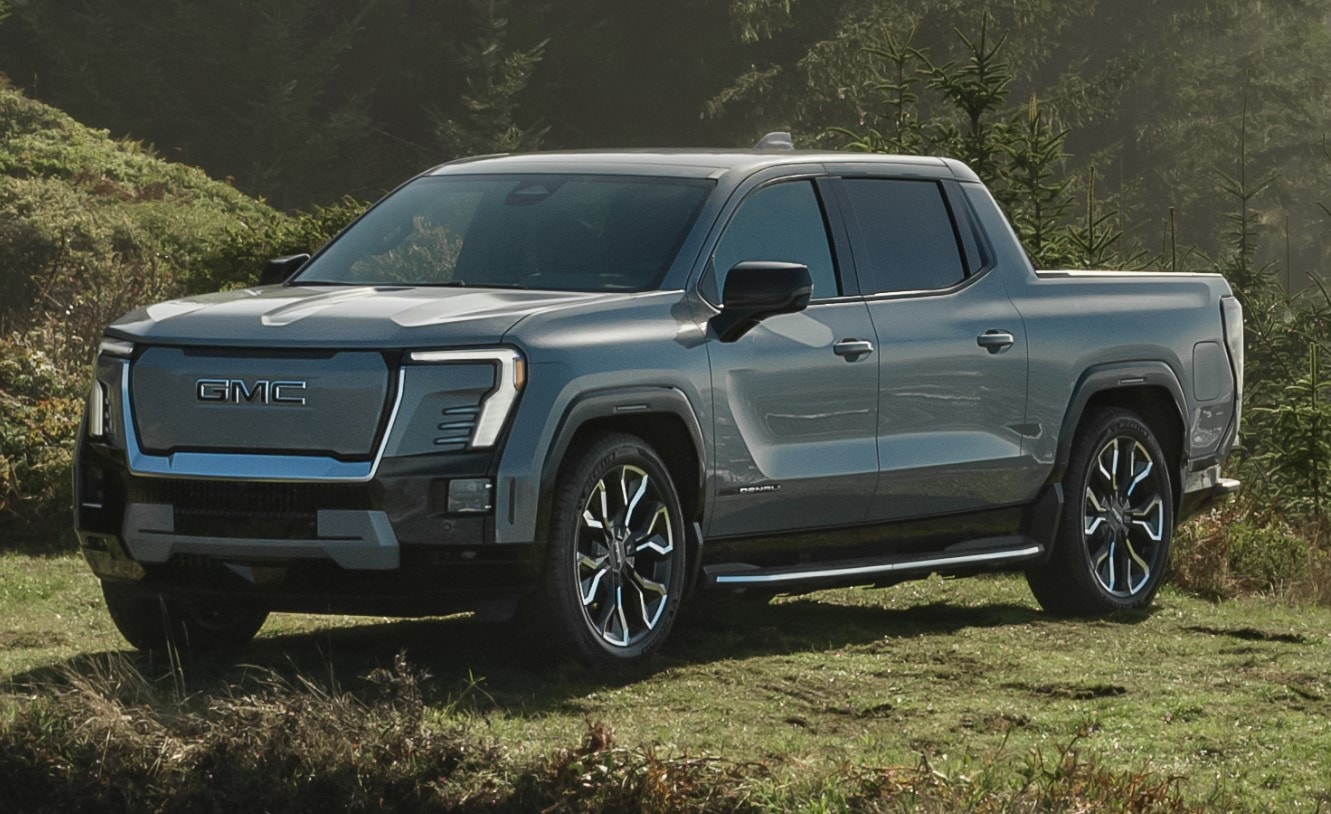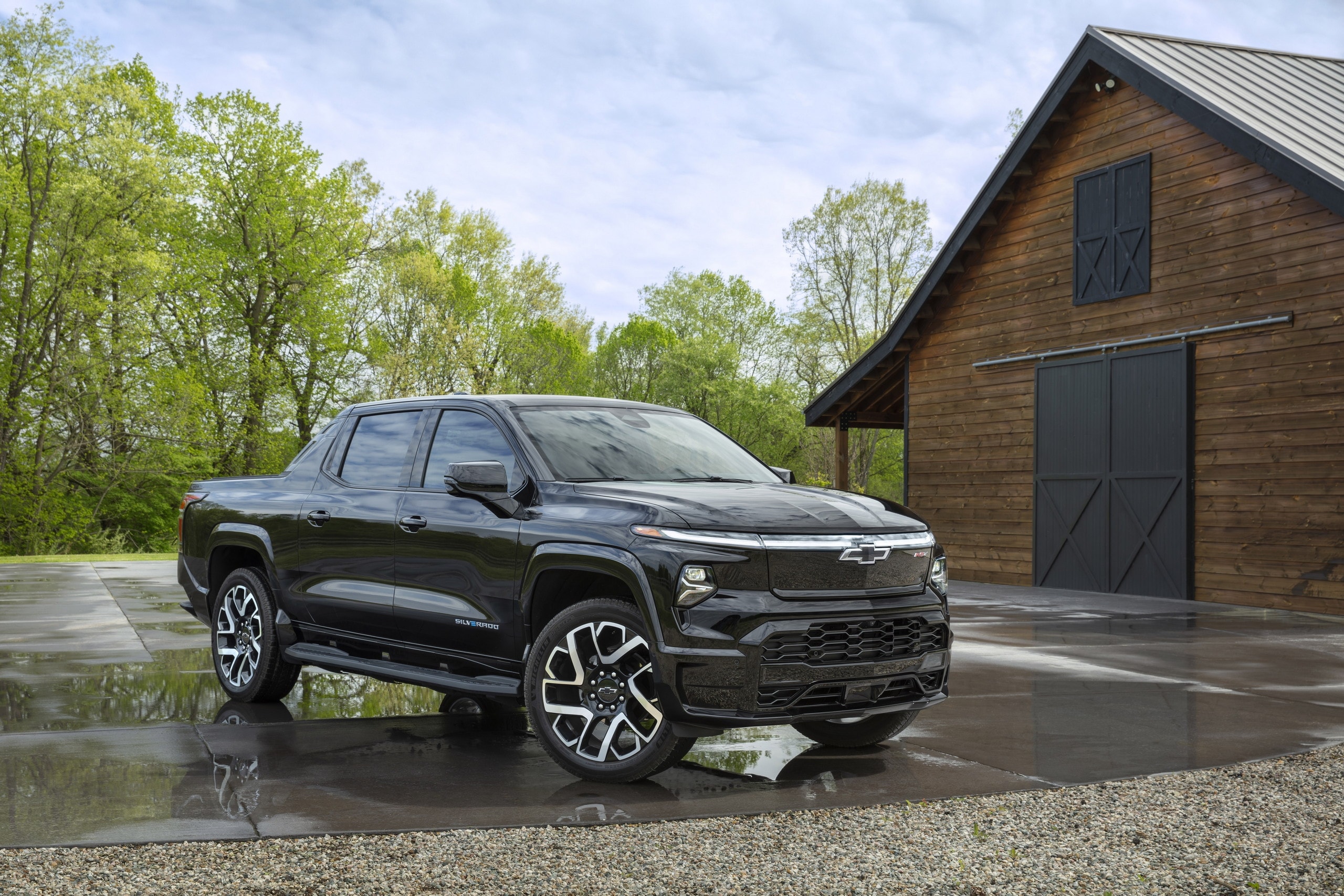Electric vehicles are becoming increasingly popular as consumers seek more sustainable transportation options. However, one of the biggest challenges facing the widespread adoption of EVs is their range. Carmakers are working tirelessly to improve the range of their vehicles, but this often comes at the expense of weight. Batteries are heavy, and larger batteries are needed to achieve longer ranges.
This can make EVs significantly heavier than their gas-powered counterparts, which can deter some potential buyers. Several factors contribute to the weight of an EV. The battery pack is the most significant contributor, but other components, such as the electric motors and inverters, also add to the weight.

Carmakers are constantly exploring ways to reduce the weight of these components, but it is a complex challenge. Despite the challenges, carmakers are making progress in improving the range of EVs. They are developing more efficient batteries and motors, and they are also improving the aerodynamics of their vehicles. However, there are still limitations to how much range can be achieved without significantly increasing the weight.
The weight of an EV can affect its performance and handling. Heavier vehicles require more power to accelerate, and they are also more likely to experience tire wear and brake fade. However, some people believe that the benefits of electric vehicles, such as their lower emissions and quieter operation, outweigh the drawbacks of their weight.
As EV technology continues to evolve, we can expect to see improvements in both range and weight. However, it is likely that EVs will always be heavier than gas-powered cars, at least for the foreseeable future. The Chevrolet Silverado EV, while not as flashy as the GMC Hummer EV, was designed to be a more practical electric vehicle for everyday use.
It shares the Ultium EV architecture with the Hummer but is heavier, weighing in at 8,953 pounds compared to the Hummer’s 8,625 pounds. Despite its weight, the Silverado EV can accelerate from 0 to 60 mph in 4.5 seconds and tow up to 10,000 pounds. It also features a Multi-Flex Midgate and Tailgate for added versatility.
The GMC Sierra EV, a sibling to the Silverado EV, is nearly identical in terms of weight and performance. It also boasts a MultiPro Midgate and Tailgate and offers a spacious frunk. The Cadillac Escalade IQ, while the heaviest of the bunch at 8,800 pounds, offers the longest range of 460 miles. It shares many components with the Hummer EV SUV and features a luxurious interior and advanced technology.
Finally, the Rivian R1T, while not a GM product, is another electric pickup truck that competes with the Silverado and Sierra EVs. It is lighter than the GM models at 7,148 pounds and offers a range of up to 420 miles. The R1T also features a unique design and off road capabilities. Electric pickup trucks are gaining popularity due to their efficiency, performance, and environmental benefits.

Among the leading contenders, the Rivian R1T and Ford F-150 Lightning stand out with their impressive range, power, and off-road capabilities. However, each model has its unique strengths and weaknesses, catering to different buyer preferences. Rivian R1T, a mid-size truck, boasts a longer range (up to 420 miles) and impressive off road performance thanks to its advanced drivetrain.
Its spacious interior and luxurious features make it a compelling option for those seeking a premium electric pickup. On the other hand, the Ford F-150 Lightning, a full-size truck, offers a more affordable price point and a shorter range of up to 320 miles. It’s a practical choice for those who prioritize towing capacity and durability.
Ultimately, the best electric pickup for you depends on your specific needs and preferences. Consider factors such as range, price, size, features, and off-road capabilities to make an informed decision.

